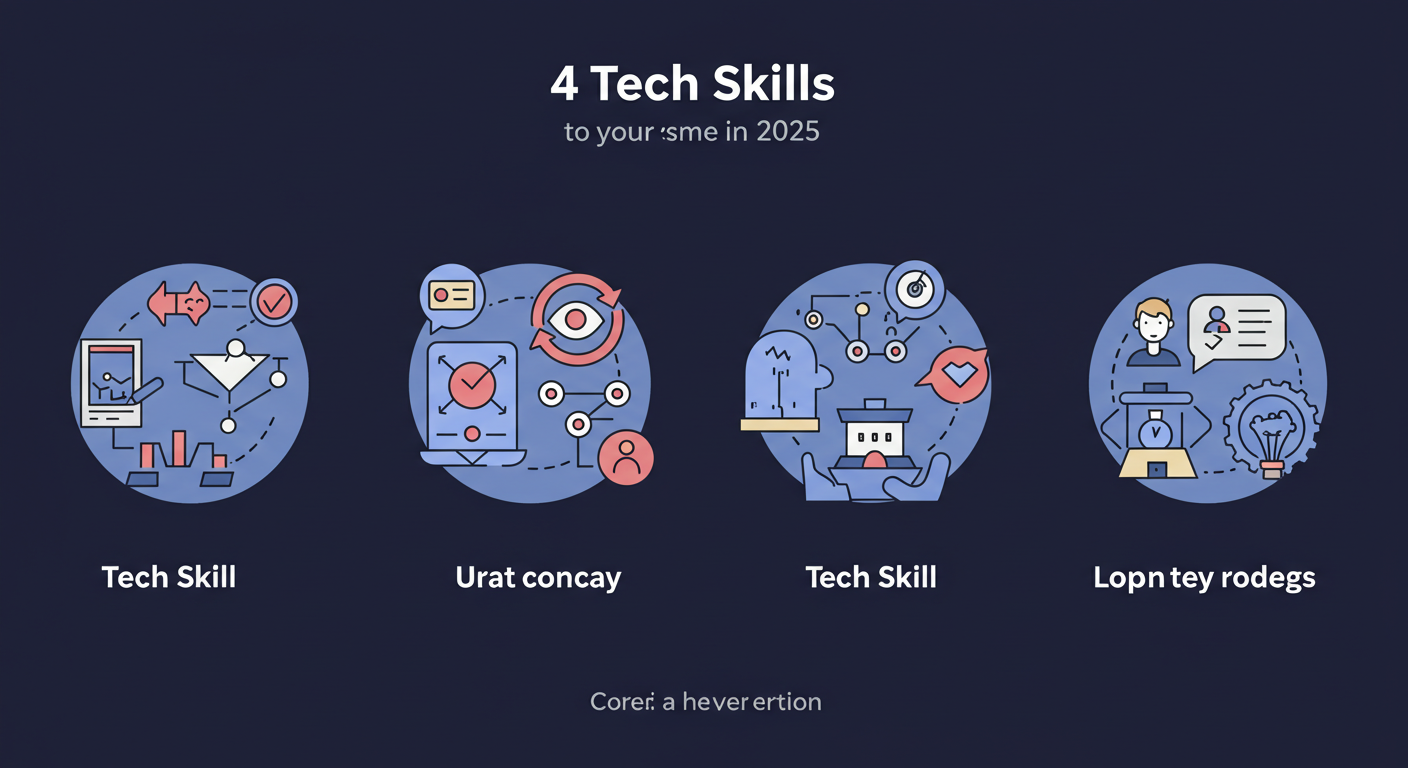Back in my time, a degree was a stamp that would kick up your chances of getting hired. Today, the tech scene has changed significantly, and while a degree can help, it’s more about identifying and developing in-demand skills.
In this article, I’m going to help you do just that.
I’ve compiled a list of some of the hottest tech skills that are going to get even hotter as we move ahead. The best part is that you don’t need to go to an expensive university, only to drown in tons of student debt later.
As long as you have a fast and reliable internet connection, you can learn these skills online. I’ve personally relied on my trusty ol’ MacBook and Spectrum Internet. If you’re looking for a reliable ISP to help you get your career started, you should contact the Spectrum customer service, and they’ll help you choose a plan based on your needs and budget.
Now, let’s dive into 4 tech skills you should add to your resume this year.
Programming
If you’re looking to tap into your innovative skills and still play it safe, this one’s for you.
Programming is one of the most fundamental tech skills that can bring a lot of secure and long-term career opportunities your way. In today’s day and age, all sorts of brands are investing in websites, apps, and other digital solutions and products, and being able to code can land you a role as the artist behind the art.
This skill also has a lot more potential to get you some freelance or remote work. You don’t specifically need to head to an office to create apps, websites, or other software, and can do that from any part of the world.
Talk about a whole new level of work-life balance!
That being said, you’ll need to learn certain programming languages to land a role. Some of the notable ones include:
- C++
- JavaScript
- Python
- PowerShell
- Ruby
Cybersecurity
Time to become the Batman of the tech world!
No one can deny that progress in tech has resulted in a lot of convenience and efficiency across our lives. That being said, it’s also opened up newer and frankly much more sophisticated avenues for online crime, which puts both companies and their customers or clients at risk.
This is where cybersecurity can help them fight back. This niche is expected to grow by 12.4 percent each year between 2024 and 2027. More and more companies are investing in cybersecurity measures to protect their networks, data, and systems, which makes it a huge opportunity for you.
If you choose to go for it, you’ll have to focus on developing the following skills:
- Learning the basics of physical, software, and network security.
- Installing routers and firewalls.
- Encrypting data.
- Conducting threat analysis.
- Creating risk prevention strategies.
- Learning compliance regulations and standards such as HIPAA, PCI-DSS, and CCPA.
- Learning ethical hacking and penetration testing.
Data Analysis
I can bet a hundred dollars that you’ve come across the phrase ‘data is king’ by some tech leaders, haven’t you?
We’ll talk about that $100 later, but coming back to data, it’s called king because it offers companies a clear view into the hearts and minds of their customers or clients. It also allows companies to monitor their performance, find security threats, and remove operational inefficiencies.
The way apps like Netflix or Instagram show you more and more of what you like is because of sophisticated data collection software that improves your experience. It’s not limited to the tech industry either; even marketing agencies and platforms, like Meta Ads, for example, rely heavily on data to tailor their messaging for better results.
To land a job here, you’ll need to focus on the following:
- Excel or Google Sheets to record and manipulate data. Manipulate here means to change or transform data to make it more useful and insightful.
- SQL for managing databases.
- Python (Pandas, NumPy) to analyze data.
- Power BI & Tableau to visualize data.
Cloud Computing
As much as you’d like, you’re not going to be working in the clouds in the sky.
Cloud computing is basically a way to store data without needing dedicated, tangible, local servers. Instead, the data is stored on remote servers known as cloud servers, from which anyone with access can use the data.
Cloud computing is becoming the norm instead of the exception, and this year alone, 85% of companies are expected to adopt cloud-first strategies.
If you choose to work in this niche, you’ll probably be developing, overseeing, and maintaining cloud infrastructures. But to do that, you’ll need to know all about the specific cloud platform that you’ll be working on.
The most popular choices that you might want to start learning about are mentioned below:
- Amazon Web Services (AWS)
- Google Cloud
- Microsoft Azure
- Oracle
Tech Skills – Equipping Yourself For the Future
The thing about the tech skills shared above is that they can land you a decent role in almost any industry. Employers everywhere now look for people with strong technical skills, and pursuing one of these can improve your chances of a successful career.
Do take some time to analyze your interests and strengths, as they will help you make a more rewarding, enjoyable, and fulfilling career choice.
